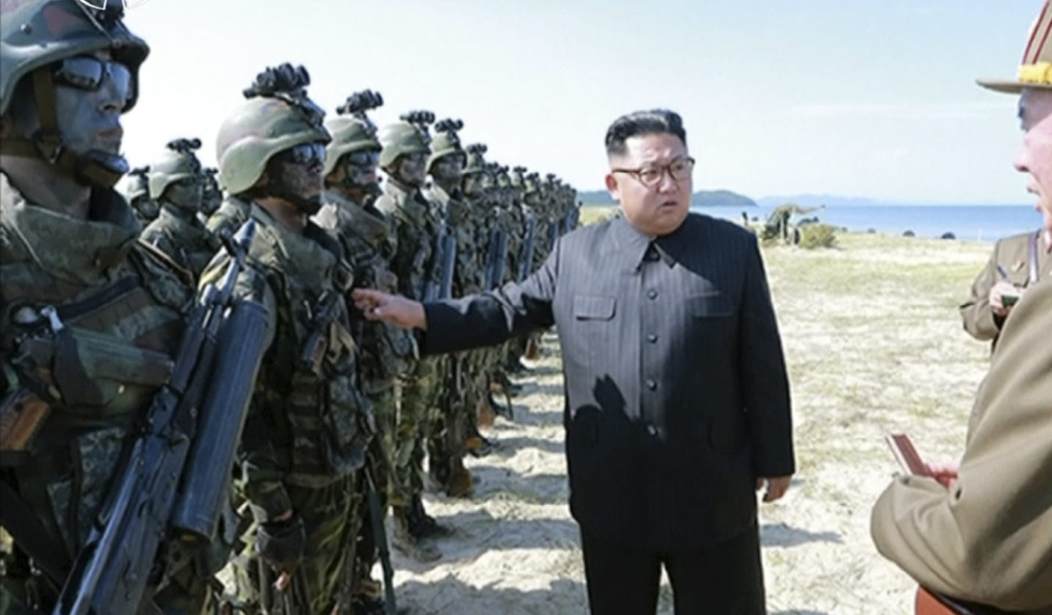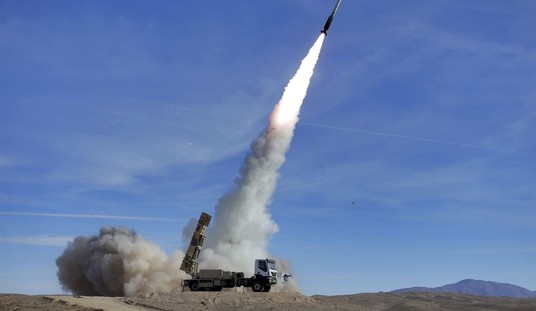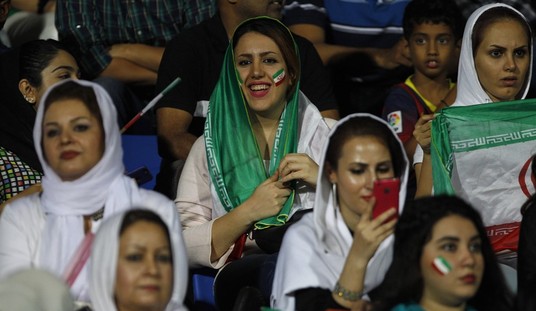WASHINGTON – Each UN Security Council resolution levied against North Korea is an incremental improvement in weakening the reclusive nation as a military threat, a Clinton-era CIA division chief told House lawmakers on Wednesday.
The UN Security Council and U.S. ambassador to the United Nations Nikki Haley lauded the latest measures last week as the toughest sanctions ever levied against North Korea, but critics have disregarded the resolution as nothing more than a political victory.
Rep. Brad Sherman (D-Calif.) underscored the fact that North Korea’s GDP has grown by 50 percent under 20 years of economic sanctions, and the country has gone from having no nuclear weapons to acquiring a hydrogen bomb and expanding its intercontinental ballistic missile program. The political class in Washington, Sherman said Wednesday, continues to regard the sanctions as success.
He reasoned that even if North Korea’s economy is somehow strangled by economic sanctions that they’ve so far been able to circumvent, DPRK Supreme Leader Kim Jong-un is more likely to pursue a path of destruction than give up his missile program.
The Obama administration’s effort with North Korea has been blasted by this administration as an ineffective era of “strategic patience.” President Trump has sparred with Kim, with the president saying earlier this year that if the North Korean leader continues his threats they will be met with “a fire and fury like the world has never seen.” Last week, Trump said that the latest UN sanctions are just a “very small step, not a big deal.”
“I don’t know if it has any impact, but certainly it was nice to get a 15-to-nothing vote, but those sanctions are nothing compared to what ultimately will have to happen,” Trump said.
DPRK leadership in a statement called the UN sanctions a “heinous provocation aimed at depriving the DPRK of its legitimate right for self-defense and completely suffocating its state and people through full-scale economic blockade.” North Korea’s ambassador to the UN Han Tae Song said on Tuesday that the UN measures will result in the U.S. suffering “the greatest pain it ever experienced in its history.”
Bruce Klingner, who served as the CIA’s deputy division chief for Korea under the Clinton administration, on Tuesday advised the House Financial Services Committee’s Subcommittee on Monetary Policy and Trade against any military strikes or invasion in North Korea, saying that a regime change through “decapitation” would be the wrong strategy.
“We want to make Kim Jong-un fearful of regime stability if he continues down the path of defying the international community. I think we are in a long-term game. It’s like the long Cold War strategy against the Soviet Union. We are deterring, defending, pressuring and seeking to undermine,” he said during the hearing, after calling each round of sanctions a limited improvement against the regime and Chinese resistance to sanctions.
Klingner now serves as a senior fellow for Northeast Asia at the Heritage Foundation.
“The Chinese government isn’t doing much (in cutting off improper financing), and they’re the ones who should be doing the most,” David Albright, president of the Institute for Science and International Security, noted.
Rep. Roger Williams (R-Texas) asked the panel if brainwashed North Koreans would be capable of adjusting to a life after Kim, should the regime fall. Klingner said that much like the strategy with the Soviet Union, the U.S. is trying to feed information into the country so that citizens will begin to question everyday propaganda.
“The answer is we don’t know,” Klingner said. “They have been fed a daily diet of propaganda. With that said, information from the outside world is increasingly getting in, so whether they believe the propaganda is a question, a debate amongst ourselves.”









Join the conversation as a VIP Member